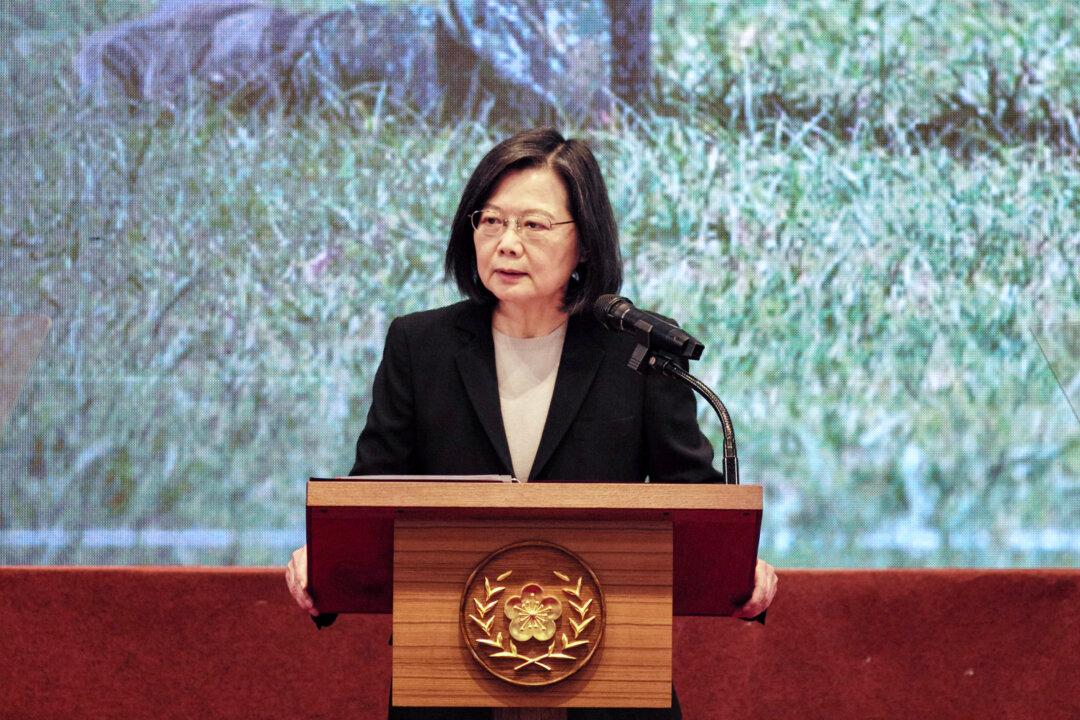Taiwan President Tsai Ing-wen says “external pressure” from China won’t stop her from engaging with world leaders after Beijing threatened retaliation if she meets with U.S. House Speaker Kevin McCarthy (R-Calf.).
“External pressure will not hinder our determination to go to the world,” Tsai told reporters on March 29 as she left for the United States. “We are calm and confident, will neither yield nor provoke. Taiwan will firmly walk on the road of freedom and democracy and go into the world. Although this road is rough, Taiwan is not alone.”




